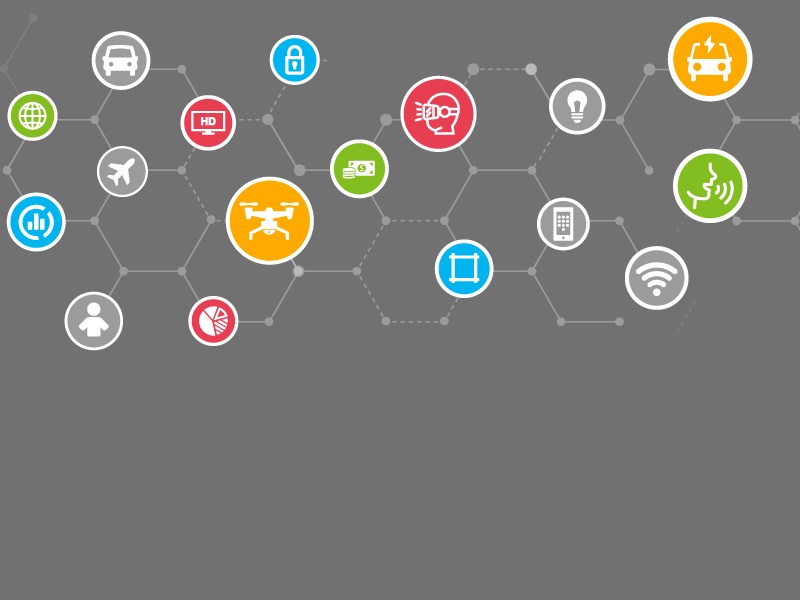
Defining The Edge: Four Edge Archetypes and their Technology Requirements Report
April 16, 2018
This paper presents an overview of the four archetypes, with examples of the most impactful use cases, along with an overview of their connectivity requirements to local, metro and regional hubs, which represent the edge transmission layer and core and are sometimes differentiated as edge, fog and cloud computing.
Download the report to learn how these four archetypes can help guide decisions regarding the infrastructure required to support your edge applications.
Key Takeaways
-
Vertiv identified top 24 edge use cases based on project growth, criticality and financial impact.
-
These cases were analyzed for common characteristics such as Bandwidth, Latency, Availability and Security.
-
Four edge archetypes are defined:
-
Data Intensive: Represents use cases where the amount of data makes it impractical to transfer over the network directly to the cloud, or from the cloud to the point-of-use, because of data volume, cost or bandwidth issues.
-
Human Latency Sensitive: Covers use cases where services are optimized for human consumption. As the name suggests, speed is the defining characteristic of this archetype
-
Machine to Machine Latency Sensitive: Covers use cases where services are optimized for machine-to-machine consumption.
-
Life Critical: Encompasses use cases that directly impact human health and safety. In these use cases, speed and reliability are paramount.
-
Vertiv will build on this initial archetype work to further define specific technology requirements and configurations for each archetype.
-





